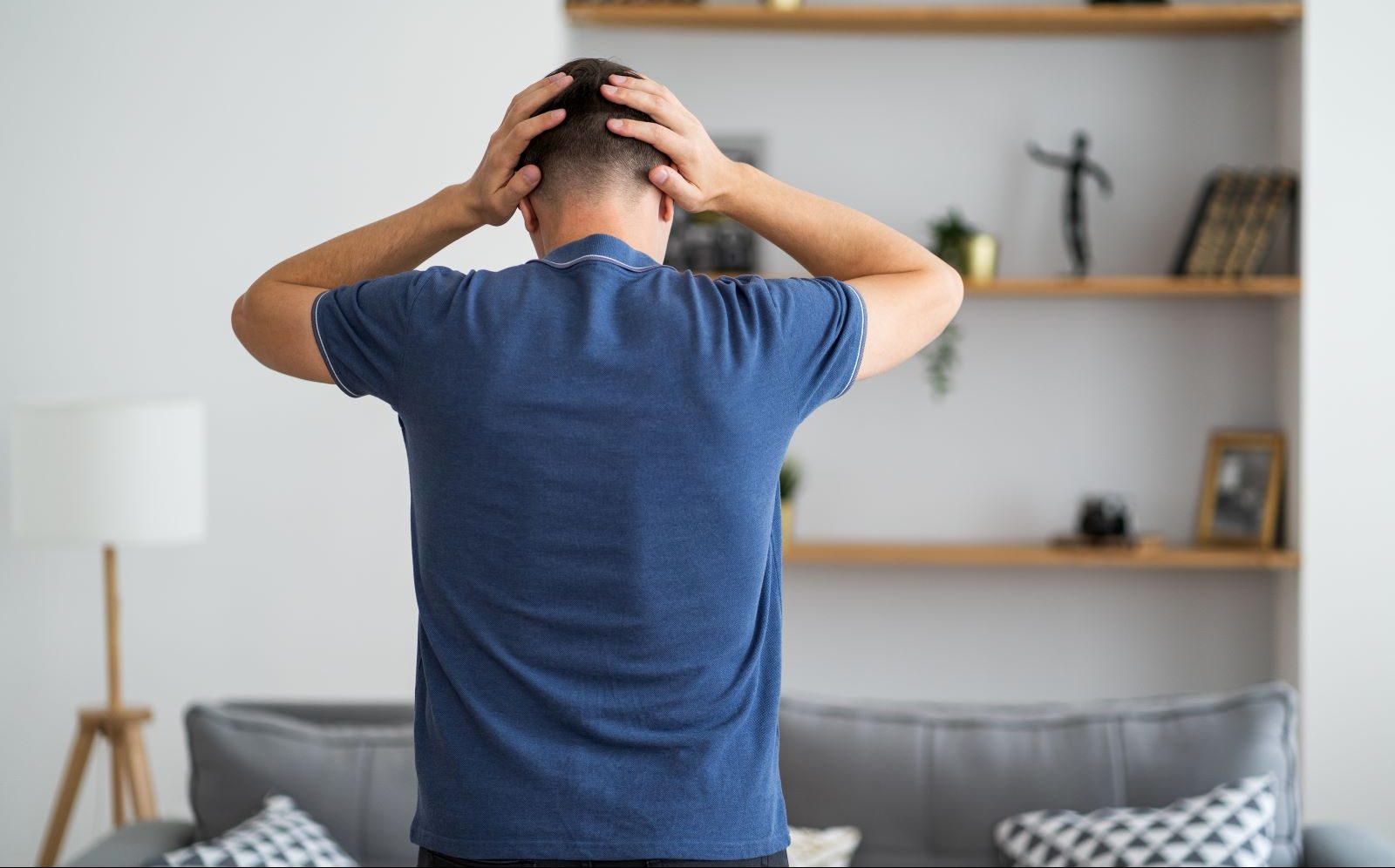<< Back
Can Concussions Cause Depression?

February 22, 2023
The physical injury – and pain – is real, but the emotional impact of a head injury is often overlooked.
“There are often emotional symptoms from acute concussion – irritability, anxiety, etc. If there is a past history of anxiety, depression or PTSD, this is more likely to happen,” says Stephanie Alessi-LaRosa, MD, director of the Sports Neurology Program in Hartford HealthCare’s Ayer Neuroscience Institute.
People diagnosed with concussion or mild traumatic brain injury also have double the risk of suicide and a higher risk of suicide attempts and thoughts.
Here’s what you need to know about the link between concussions and depression, according to Dr. Alessi-LaRosa.
> Connect with Hartford HealthCare’s Sports Neurology Program
Cause and effect
Head injuries like concussions impact an athlete’s life in distressing ways, she continues. These can include:
- Keeping the athlete from playing their sport or working out as they are used to doing.
- Affecting their sleep patterns.
- Leaving them with headaches or migraines, which can be mentally exhausting.
The connection, then, between head injury and depression, is indirect, and not yet supported through research, but it is no less disabling.
“All of these factors, especially if they go on for an extended period of time, can trigger depression or other psychiatric illness because the brain is off of its routine in so many aspects,” Dr. Alessi-LaRosa says.
The impact is greater in female athletes, who are underrepresented in sport and exercise science research. In soccer alone, female players are twice as likely to suffer a concussion than males. In addition, data does show they have more severe symptoms and take longer to recover.
Seek help
Anyone experiences concerning or new psychological symptoms – whether with a head injury history or not – should seek care from a psychotherapist or psychiatrist, she adds.
“These are common and treatable conditions,” she says.
Care for the head injury should come from someone with experience treating them, such as a sports neurologist.